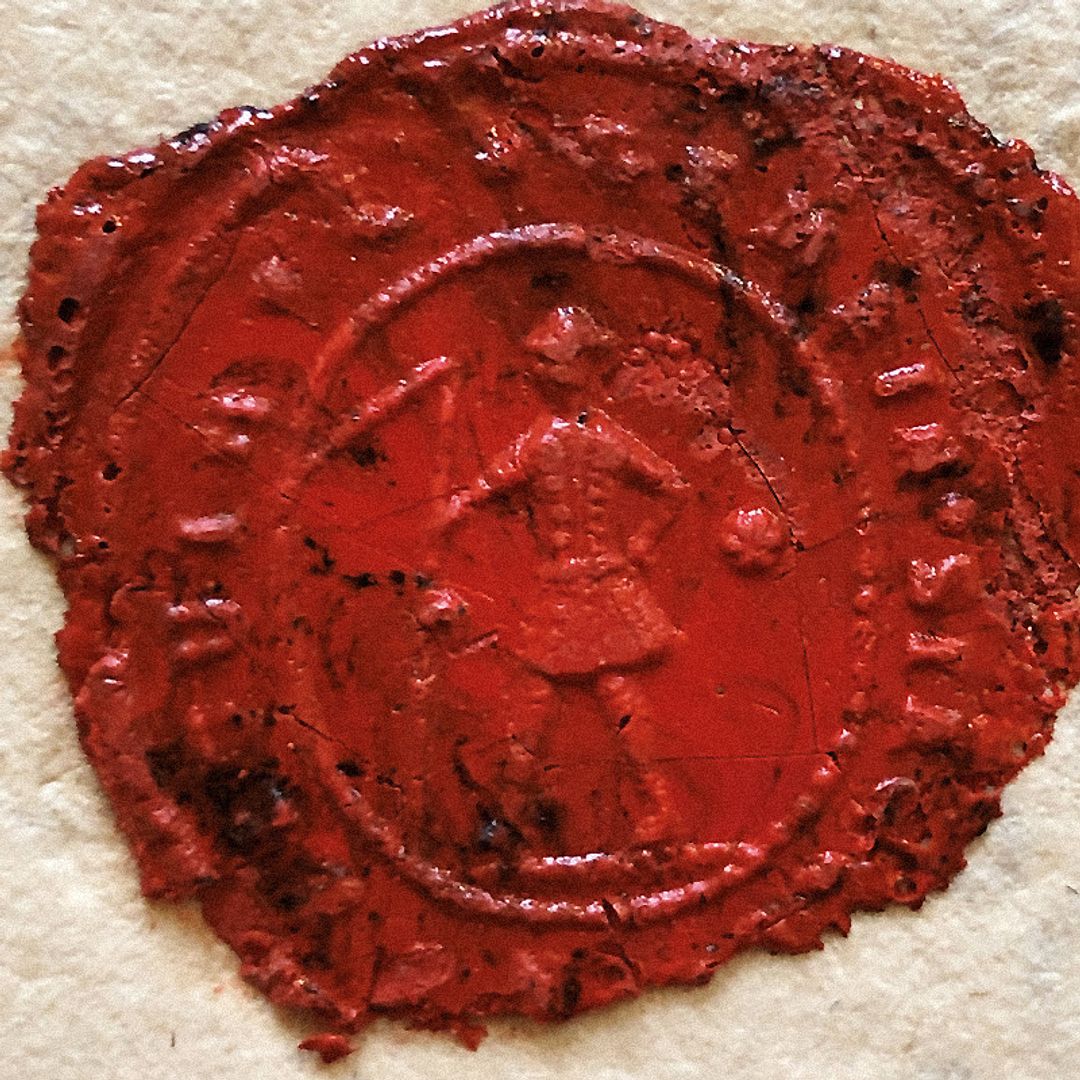Ligota Bialska
6.57

Overview
Ligota Bialska, also known as Ellguth, is a village in the Opole Voivodeship, located in Upper Silesia within the Racibórz Valley. The area is characterized by an agricultural landscape, with sugar beet, wheat, and rapeseed as the main crops. The history of Ligota Bialska dates back to at least 1376, when it was mentioned in the context of a parish church. Over the centuries, the village went through various administrative and ownership phases, and its residents were involved in local affairs, such as during the Upper Silesia plebiscite in 1921, when an overwhelming majority of votes were cast in favor of Germany. Architecturally, the village stands out with its neo-Gothic Church of St. Stanislaus the Bishop, built in 1909, and other historic sites such as a cemetery chapel and a Catholic cemetery. Monuments dedicated to the villagers who fell in World War I also preserve the memory of these events. Ligota Bialska has its own culture, where the Silesian dialect and local traditions are maintained, along with a German minority, contributing to the cultural diversity of the region. The area features hiking and cycling trails, attracting nature lovers and outdoor enthusiasts. It is known for its beautiful landscapes and good transport infrastructure, with bus connections to nearby towns. The community of Ligota Bialska is also involved in activities aimed at preserving local heritage, and one of its residents, Aleksander Skowroński, is known as a national and social activist. Tourists can explore curiosities such as monuments and plaques commemorating important figures associated with the village. In 2007, Ligota Bialska joined the Opole Village Renewal Program, reflecting the dynamic development of local initiatives.
Location
City
Biała Deanery
Tertiary Administrative Division
White
County
Prudnik County
State
Opolskie Voivodeship
Country
2026 Wizytor | All Rights Reserved